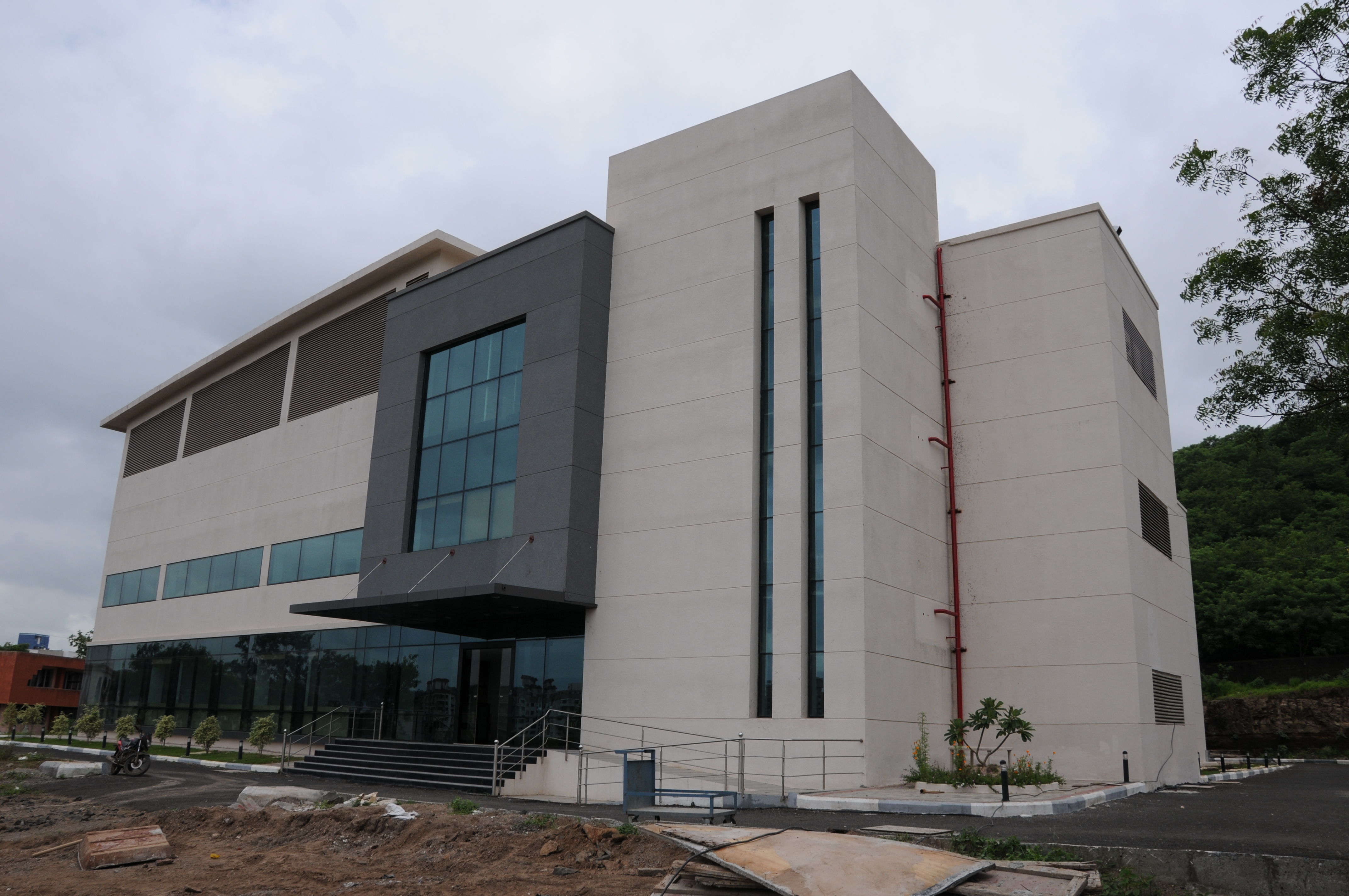| Sr. No. | Name of the staff | Designation |
|---|---|---|
| 1 | Dr. Pragya D. Yadav | Scientist-F and Group Leader |
| 2 | Dr. Anita Shete-Aich | Scientist-E |
| 3 | Dr. Rima R. Sahay | Scientist-C |
| 4 | Dr. Sreelekshmy Mohandas | Scientist-C |

About the Department
The sustained leadership and the governance by then Director General, Indian Council of Medical Research (ICMR) Dr. Vishwa M Katoch and the Former Directors of ICMR-National Institute of Virology, Pune Dr. Akhilesh C Mishra and Dr. Devendra T. Mourya have led to the establishment of the state-of-art, Asia’s first Biosafety level (BSL)-4 laboratory in 2012 at the ICMR-NIV Pune. The laboratory was Inaugurated and functionalized on December 28, 2012. Currently, Dr. Pragya D. Yadav is the In-Charge of this facility. With the immense contribution of the these experts and dedicated scientific and technical team has led to enhanced and timely identification of highly infectious viral diseases, capacity building, diagnostic development, vaccine development, prevention, and control responses to the known and unknown pathogens of the high-risk group. Apart from playing a major role in providing support to the South-East Asian Region countries for laboratory capacity building for unusual outbreaks and epidemics, this laboratory is also recognized as the World Health Organization Regional Collaborating Centre for Reference and Research on Emerging Infectious Diseases. It is also an apex laboratory for storage of the eliminated viruses, Viral Hemorrhagic Fever diagnosis in India and Biosafety & Containment for SEAR countries.
| Sr. No. | Name of the staff | Designation |
|---|---|---|
| 1 | Dr. Pragya D. Yadav | Scientist-F and Group Leader |
| 2 | Dr. Anita Shete-Aich | Scientist-E |
| 3 | Dr. Rima R. Sahay | Scientist-C |
| 4 | Dr. Sreelekshmy Mohandas | Scientist-C |
Sr. No. | Name of Employees | Designation |
1 | Dr. Rajlaxmi Jain | TO-B |
2 | Mrs. Savita Kaustubh Yadav | TO-A |
3 | Mr. Prasad Chandrakant Sarkale | TO-A |
4 | Mrs. Triparna Dutta Majumdar | TO-A |
5 | Mr. Mayur Shivaji Mohite | TO-A |
6 | Mr. Hitesh Sanjay Dighe | TA |
7 | Mr. Rajen Lakra | Senior Technician-III |
8 | Mr. Uttam Kondiba Shende | Senior Technician -I |
9 | Mr. Deepak Dnyandeo Mali | Senior Technician-I |
10 | Mr. Abhimanyu Kumar | Technician -I |
11 | Miss. Pranita Govind Gawande | Technician -I |
12 | Mr. Nand Kumar | Technician -I |
13 | Mr. Vishal Ashok Gaikwad | Technician -I |
14 | Mr. Sanjay Vasant Gopale | Technician -A |
15 | Mr. Madhav Shankar Acharya | Lab Assistant |
16 | Mr. Sanjay Ramesh Thorat | Lab Assistant |
17 | Mr. Ganesh Kisan Chopade | Lab Assistant |
18 | Mr. Manjunath Holeppanavar | Lab Assistant |
19 | Mrs. Indrayani Ganesh Sasar | Lab Assistant-I |
1. Provide diagnostic for referred samples for viral hemorrhagic fever & unknown etiology and outbreak investigation [Service project]
2. Testing & rectification of different components of BSL-4 Facility and preparation of basic documents [Service project]
3. Surveillance for Zika virus infection in humans, India [Extramural project]
4. Sustainable Laboratory Network for Monitoring of Hemorrhagic Fever viruses and mitigation of high risk pathogen [Extramural project]
5. Countrywide survey of Nipah virus in Pteropus bats [Extramural project]
6. Reinfection with Severe Acute Respiratory Syndrome Coronavirus-2 (SARS CoV-2) among healthcare workers in India [Extramural project]
7. Development and dissemination of serological assays for priority pathogens [Extramural project]
8. Immune response to precautionary third dose of COVISHIELD/COVAXIN among healthy adult population: an ICMR Cohort study, India [Extramural project]
9. Assessment of prophylactic and therapeutic role of BCG vaccine against SARS-CoV-2 infection in hamster model [Extramural project]
10. Identification and characterization of novel viral isolates using Next-generation sequencing platform [Intramural project]
11. Molecular epidemiological analysis of SARS-CoV-2 circulating in different regions of India [Intramural project]
12. Countrywide survey of Nipah virus and Corona virus in different species of bats [Intramural project]
13. A Study On Pathogenicity Of Nipah Virus (Kerala Isolate) In Syrian Hamster Model [Intramural project]
14. A prospective observational study to establish the duration of persistence of replication-competent SARS-CoV-2 in oncology patients with COVID-19 on chemotherapy [Intramural project]
15. Propagation of new SARS-CoV-2 variant isolate and characterization in cell culture and animal model [Intramural project]
16. Comparative assessment of BBV152 vaccine (COVAXIN™) antibody and antigen-specific responses in immunized population without past COVID-19 infection, individuals vaccinated after recovery from COVID-19 and non-vaccinated individuals with past COVID-19 infection [Intramural project]
17. Assessment of immunological responses in breakthrough cases of SARS-CoV-2 in post COVID-19 vaccinated group [Intramural project]
18. Metagenomic analysis of viral pathogens from bats and ticks collected from various parts of India [Intramural project]
19. Characterization of hACE2 mice as an animal model for SARS-CoV-2 infection [Intramural project]
20. Evaluation of immunogenicity and protective efficacy after vaccine Interchangeability in a selected population of Eastern UP [Intramural project]
Maximum Containment Facility the nodal institute established laboratory quality system for the CCHF and KFD diagnosis and National Accreditation Board for Testing and Calibration Laboratories (NABL) (ISO/IEC 17025:2005) was implemented to provide the quality and technical competence of CCHF and KFD molecular and serological diagnostic tests since 2016.